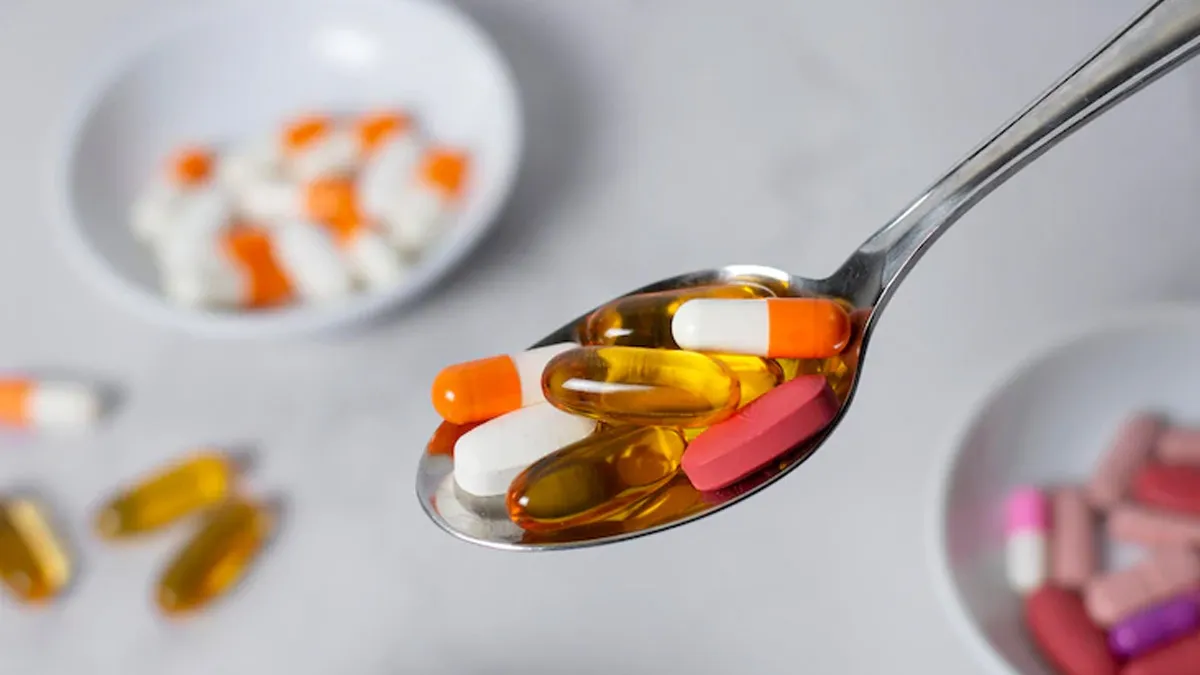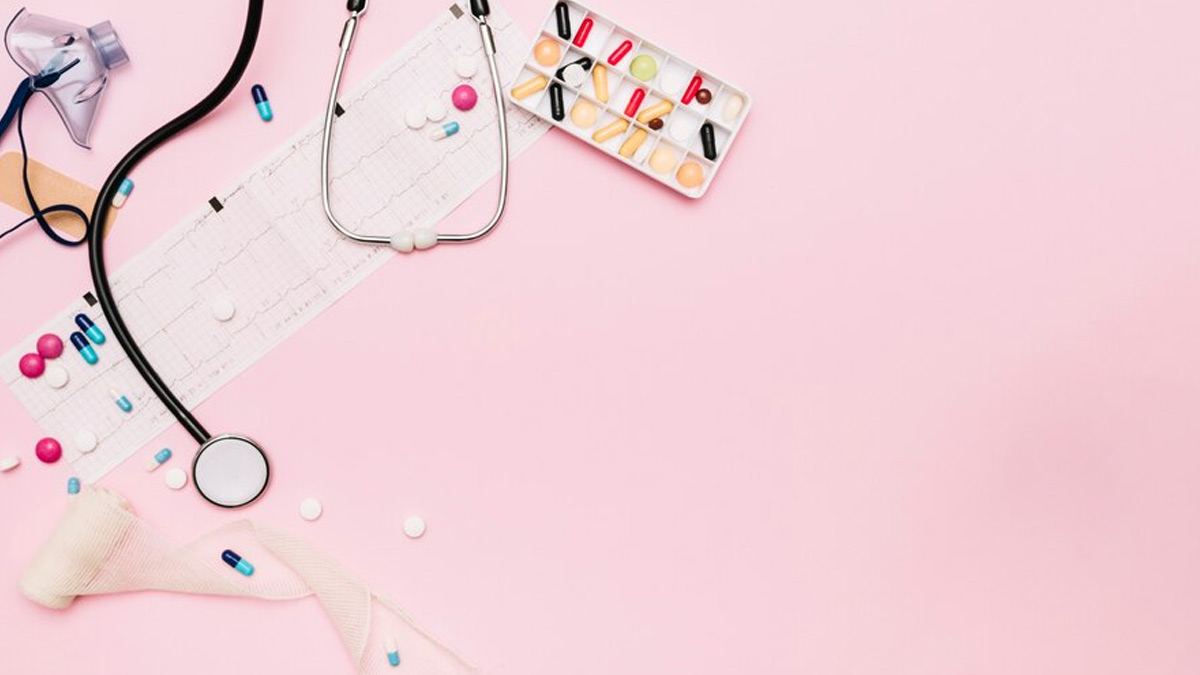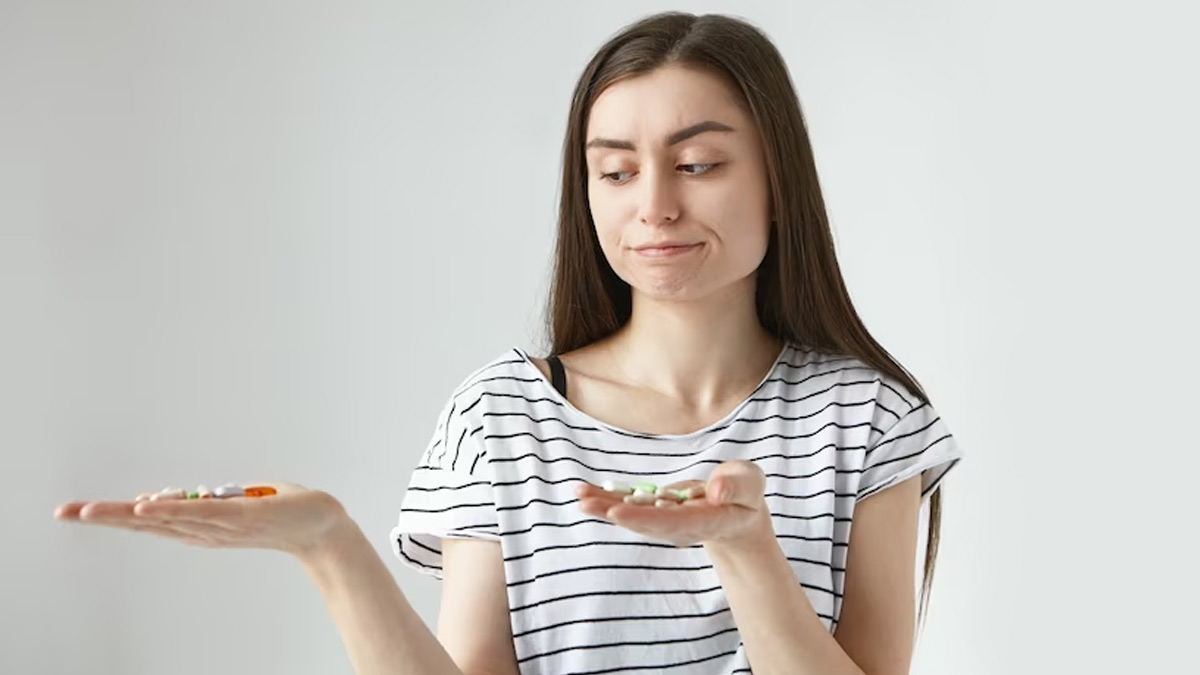
Walk into any pharmacy or wellness store today, and you’ll see shelves stacked with multivitamins, protein powders, fish oil capsules, and herbal supplements. Many people pop them daily, convinced that supplements are the secret to glowing skin, boundless energy, and long-term health. But the big question remains, if supplements are really necessary for Indians, or can a balanced diet provide all that we need?
Table of Content:-
In an exclusive interaction with the editorial team of Onlymyhealth, our expert, Dr Eileen Canday, Celebrity Nutritionist, Sir H N Reliance Foundation Hospital, Andheri East - Mumbai, and she shared everything you need to know. Read ahead to know.
Understanding the Indian Diet
Dr Canday explained that the traditional Indian diet is diverse and nutrient-rich. It often includes:
Whole grains like rice, wheat, and millets.
Pulses and legumes such as lentils, chickpeas, and beans that are rich in protein.
Seasonal fruits and vegetables, packed with vitamins, minerals, and antioxidants.
Spices and herbs, which not only add flavor but also come with health-boosting properties (think turmeric, ginger, and cumin).
Dairy products like milk, curd, and paneer that are high in calcium and protein.
On paper, this sounds like a complete, wholesome diet. However, the reality is that modern lifestyles and eating patterns don’t always align with this ideal plate.
Why Nutrient Gaps Still Exist in India
Despite the variety in our cuisine, studies show that many Indians fall short on key nutrients. Some common deficiencies include:
Vitamin D: Sunlight is the best source, but urban living, indoor jobs, and pollution limit exposure.
Vitamin B12: Mostly found in animal-based foods, making vegetarians (a large portion of the Indian population) more prone to deficiency.
Iron: Particularly among women, due to menstrual blood loss and dietary patterns that reduce iron absorption.
Omega-3 fatty acids: Found in fatty fish and flaxseeds, but not consumed widely in sufficient amounts.
Protein: While lentils and pulses provide some, studies suggest many Indians do not meet daily protein requirements.
Also Read: Have Gout? Why Alcohol Is Your Worst Enemy

Do Supplements Solve the Problem?
“Supplements can help bridge these nutrient gaps, but they are not a substitute for a healthy diet,” Dr Canday highlighted. For instance:
Vitamin D and B12 supplements are often recommended for those deficient, since food sources alone may not be enough.
Iron supplements are prescribed in cases of anemia, especially in women and children.
Protein powders can be beneficial for athletes, gym-goers, or those who struggle to meet protein needs through food.
Omega-3 capsules may help individuals who don’t consume fish regularly.
However, unnecessary supplementation can backfire. Excessive intake of vitamins like A, E, or even iron can cause toxicity and harm the body.

When Should You Consider Supplements?
Dr Canday concluded that supplements may be worth considering if you:
Have been diagnosed with a deficiency by a doctor.
Follow a restrictive diet (vegan, vegetarian, or certain medical diets).
Have increased nutritional needs (pregnancy, lactation, intense exercise).
Are recovering from illness or surgery.
For the average healthy adult, a varied and balanced Indian diet usually provides sufficient nutrients, provided it includes whole foods, seasonal produce, and mindful portioning.
Bottomline
Supplements can be helpful in specific cases, but they should never replace wholesome, nutrient-dense meals. Before reaching for that bottle of pills or powders, it’s best to consult a doctor or nutritionist and get your levels tested. For most Indians, focusing on a colorful, home-cooked thali, with the right mix of grains, pulses, vegetables, and dairy, remains the most natural (and safest) way to meet daily nutritional needs.
Also watch this video
How we keep this article up to date:
We work with experts and keep a close eye on the latest in health and wellness. Whenever there is a new research or helpful information, we update our articles with accurate and useful advice.
Current Version